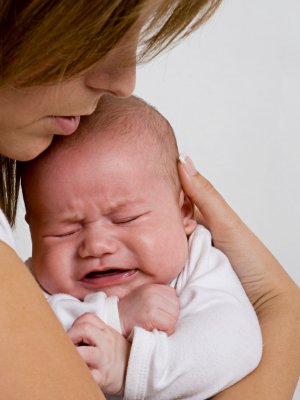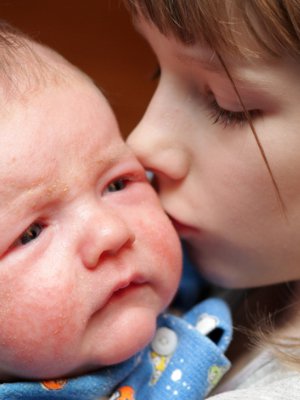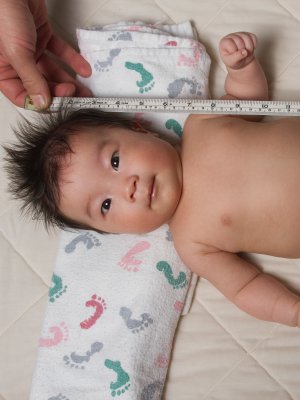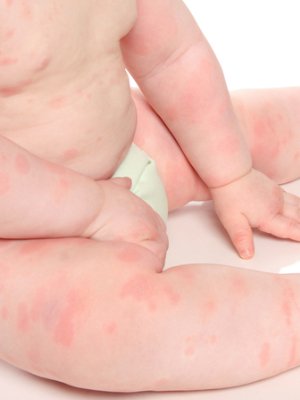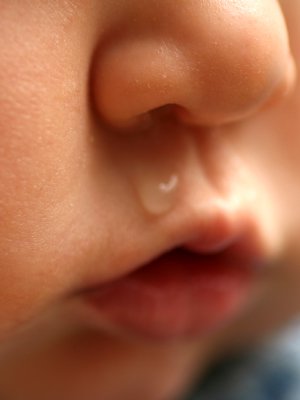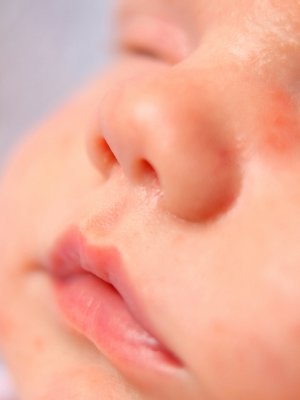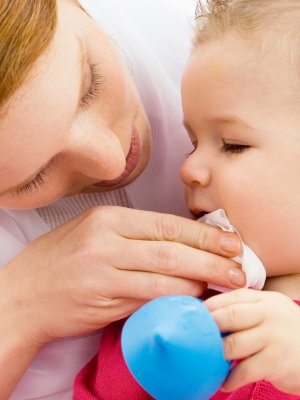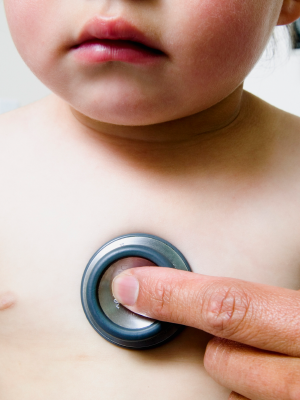REFUSAL TO FEED

We believe breast milk is the best food for infants. When in consultation with their healthcare professional, mothers and families find that optimal breastfeeding is not possible due to their infant’s medical condition, formulas for special medical purposes play a vital role in providing essential nutrients to infants. We have a global commitment to market breast-milk substitutes responsibly.
Refusal to feed is a feeding problem that usually starts when a baby is six to nine months old. When a baby is not eating because of an extreme food refusal or lack of appetite, it can lead to growth problems.
Could it be Cow’s Milk Protein Allergy?
Baby not eating or refusing to feed represents a common symptom for babies with Cow’s Milk Protein Allergy (CMPA).
Babies with CMPA usually experience more than just one symptom and these symptoms can be very different from one another.
If your baby is refusing to feed, it could be CMPA.
You may have even noticed other symptoms (besides refusal to feed), which may affect other parts of your baby’s body.
For a simple and easy way to check common symptoms associated with CMPA, you can use our symptom checker.
This will allow you to select all the symptoms that your baby may have that can be cow’s milk-related. You can then discuss these with your doctor.
In any case, if you have any doubts or concerns about your baby’s health, you should always seek advice from a medical professional as soon as possible.

OTHER SYMPTOMS OF COW'S MILK PROTEIN ALLERGY
IMPORTANT NOTICE: Mothers should be encouraged to continue breastfeeding even when their babies have cow’s milk protein allergy. This usually requires qualified dietary counseling to completely exclude all sources of cow’s milk protein from the mothers’ diet.If a decision to use a special formula intended for infants is taken, it is important to follow the instructions on the label. Unboiled water, unboiled bottles or incorrect dilution can make babies ill. Incorrect storage, handling, preparation and feeding can eventually lead to adverse effects on the health of babies.Formula for special medical purposes intended for infants must be used under medical supervision.




